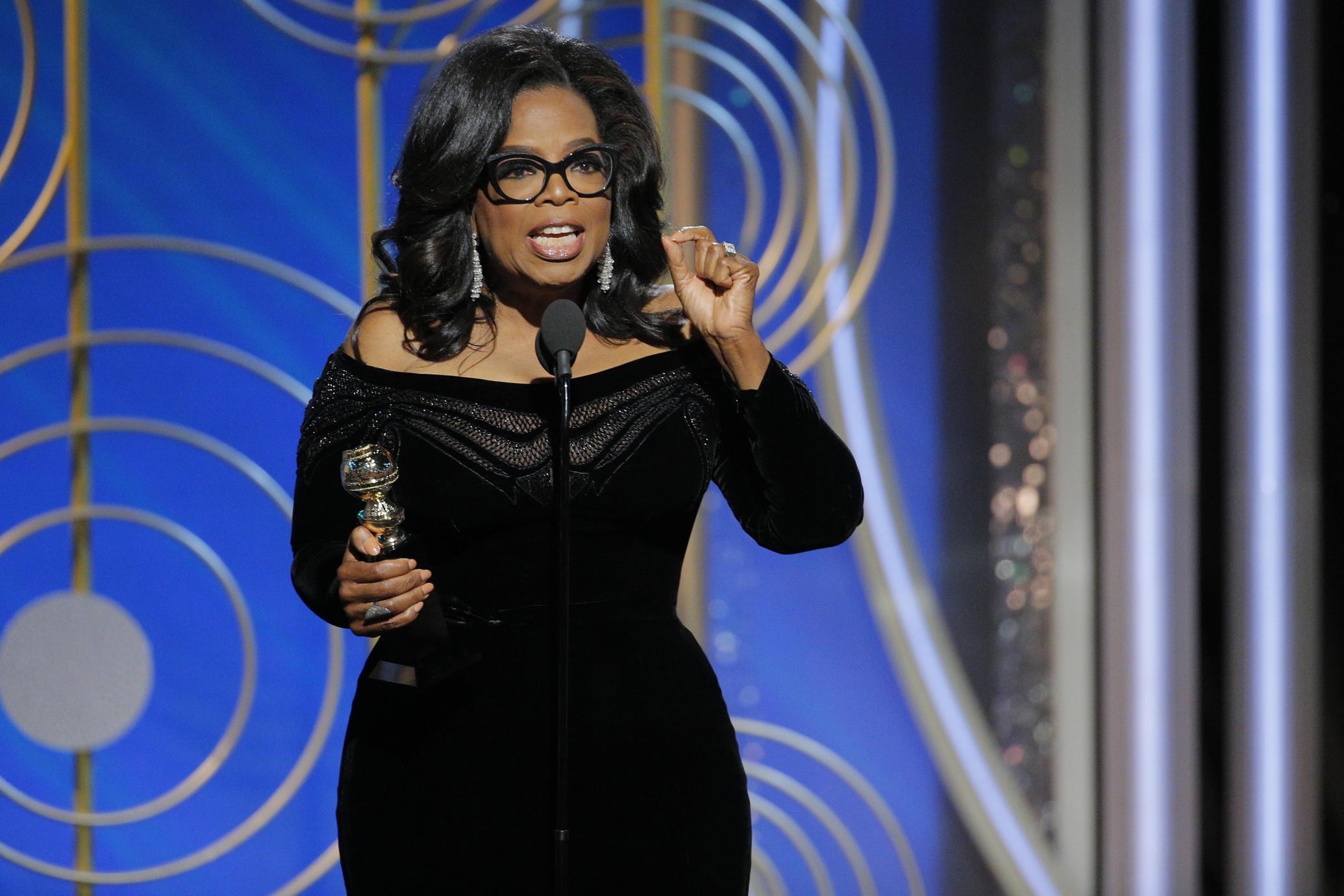This week’s Golden Globes marked one of Hollywood’s first big moments to respond in real time to the effect of believing the voices, predominantly of women, who have suffered sexual abuse, violation or predation perpetrated by some of the most powerful men in their industry and others in public positions of power. I am avoiding simply referring to this phenomenon as the #metoo moment or movement in part despite and in part because these words are so powerful.
The hashtag takes advantage of a world interconnected and open in a way never before possible. The words “me too” are rooted historically in activism that preceded these high profile incidents of overdue justice and allows for many more people to find solidarity in their experiences while forcing a near global community to face the injustices that have been built into the status quo. New efforts like the #timesup will seek to build and expand the benefits of listening to and believing women and all who tell their stories of being subject to sexual mistreatment in the workplace or at home.
Still, I believe getting used to the phrase as a label for a movement, both minimizes the experiences of many and overstates the impact of that which has already transpired. Minimizes because these words begin as a brave and personal statement of vulnerability about experiences often discounted, ridiculed, or suppressed. And overstates because assuming these words are in and of themselves a movement, let alone a powerful one, overshadows what still must be faced. There is much work to be done socially, culturally, and, most importantly, legislatively to protect against abuse and ensure that no person will have her, his, or their humanity disregarded.
I simply want to remind myself not to be too comfortable with the words as an easy reference point. To guard against phrases like “after #metoo” or “in a #metoo world” or using the hashtag to springboard to broader conversations that arise from popularizing awareness of that which has been endured or condoned for so long. Conversations that shift the focus away from those women who have been and continue to be preyed on as well as anyone who is forced to endure harassment and abuse.
Beyond magazine covers and headlines, these words remain important, even sacred. As in prayer, the words we use to be present to each other are necessary, even as they get in the way. Also like prayer, the most powerful words escape unthinking definition and open a path toward something not yet known and worth encountering.
May those who have suffered brokenness, find wholeness, healing and justice and so may it be for the world.

Michael Bernstein, a Rabbi, has served since 2009 as Rabbi of Congregation Gesher L’Torah, a vibrant and dynamic Synagogue community in north Atlanta where each person’s story is embraced and Judaism is personal. He was ordained as a conservative Rabbi at the Jewish Theological Seminary in New York in 1999. He and his wife Tracie have three children, Ayelet, Yaron and Liana.

